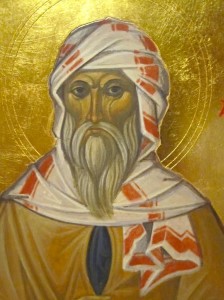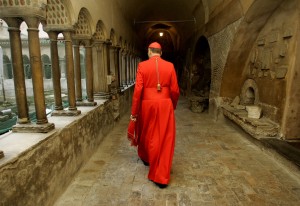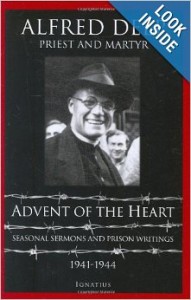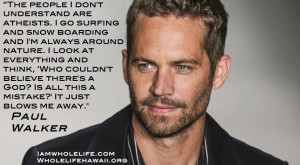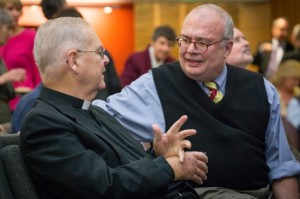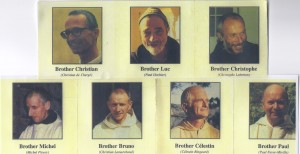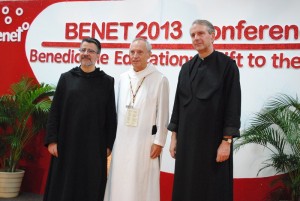 The International Commission on Benedictine Education (ICBE), a group of educators from Benedictine and Cistercians schools, met at the end of October (2013) in Manila. More than 150 educators assembled at the global conference (BeNET=Benedictine Educators Network).
The International Commission on Benedictine Education (ICBE), a group of educators from Benedictine and Cistercians schools, met at the end of October (2013) in Manila. More than 150 educators assembled at the global conference (BeNET=Benedictine Educators Network).
One of the tasks of the Abbot Primate at the Manila meeting, Notker Wolf, OSB, was to appoint a new ICBE president to replace Father Christopher Jamieson, OSB, the founding president. Jamison served the ICBE for the last 10 years and he is a monk and former abbot of Worth Abbey, England. Abbot Notker elected Father Elias Lorenzo, OSB, a monk of Saint Mary’s Abbey (Morristown, NJ) and current prior at Sant’Anselmo (Rome); Father Elias is a co-founder of the ICBE, and experienced educator, administrator and insightful preacher.
The ICBE is an organization which works to gather educators from monastery schools who follow the Rule of Saint Benedict. According to the tradition of the Church, monasteries are independent entities and often have no network of collaboration, unlike the Salesians and the Jesuits who have international associations. These other religious orders are governed by a central body with regional provinces. They naturally have a built-in network that Benedictines and Cistercians do not have available. Hence, there has been a perceived need to assist Benedictine and Cistercian faculties in matters pertaining to a formation in the cultures of the intellect, spiritual, human, communal and work. The controlling idea is that the education is effective and fully catholic (think of the 4 marks of the Church) when not only information is shared, but real, concrete experience is shared shared. The formative process is done in the community. The ICBE is interested in wisdom, not merely knowledge.
The ICBE and the BeNET have been instrumental in advancing the formation of the laity who teach in schools where the numbers of Benedictines and Cistercians are on the decrease. But even in monastery schools with a sufficient number of monks and nuns there is a need for appropriate formation as an educator in the key of Jesus Christ through the lens and culture of Saint Benedict and Saint Scholastica, and the patrimony.
The next international meeting of the ICBE will be in Rome in 2016.
(in the picture, l-r, Fathers Elias, Notker, Christopher)
